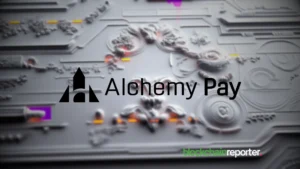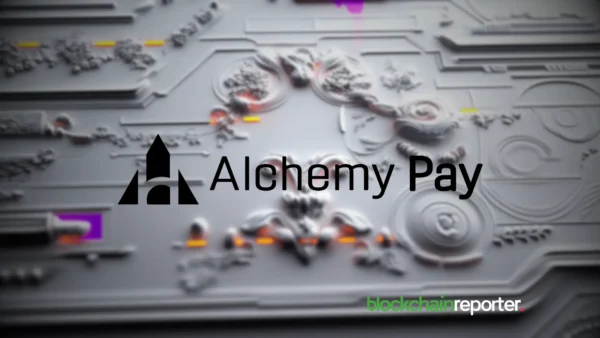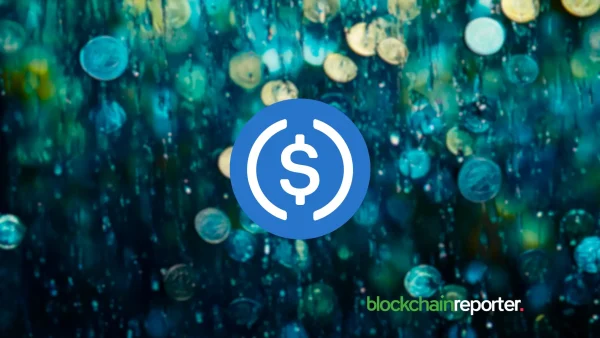
Velo, a pioneering blockchain technology provider, has launched its latest Litepaper, focusing on integrating Real-World Assets (RWA) and PayFi into the blockchain space. The upgrade seeks to increase the liquidity and availability of traditional assets and integrate Web2’s loyalty programs on Web3, making them accessible to clients.
Velo’s ecosystem aims to foster innovation by owning and trading fractionalized tokenized real-world assets, including treasury bills, gold, and receivables. Velo shared the litepaper with its community through its official social media post over X, mentioning to target blockchain innovation with real world assets (RWAs) and PayFi.
RWAs – A New Approach to Unlock Asset Availability
Velo’s proposed solution solves issues in real-world tokenization of assets by leveraging blockchain, where actual commodities like real estate are illiquid and hard to access. Velo’s tokenization empowers users to own fractions of these high-value assets and, improves the liquidity of an asset, making it accessible to the average investor.
The innovative approach of Velo allows them to trade these assets 24/7 through decentralized exchange, which can be accessed from any part of the world without having to deal with middlemen. In addition to real-world asset tokenization, Velo’s PayFi solution bridges the gap between Web2 and Web3 loyalty systems. Traditional loyalty programs are often restricted to specific merchants, limiting their value.
Velo’s PayFi allows loyalty points to exist in both environments, enabling users to redeem them for real-world products or within decentralized applications. This innovative system offers greater flexibility, liquidity, and utility, enabling points to be swapped on decentralized exchanges or used for trading and staking within the Velo ecosystem.
Velo Expanding Real-World Asset Utility with Blockchain
Velo’s Litepaper also highlights the broader application of tokenized assets and PayFi, making it easier for users to engage in crypto payments and asset management.
Velo aims to eliminate the complexities of traditional crypto payments by offering simplified systems combining blockchain technology with everyday payment options.
The solution supports real-world use cases, further empowering users to manage digital assets effectively while bridging the gap between Web3 and traditional finance.









